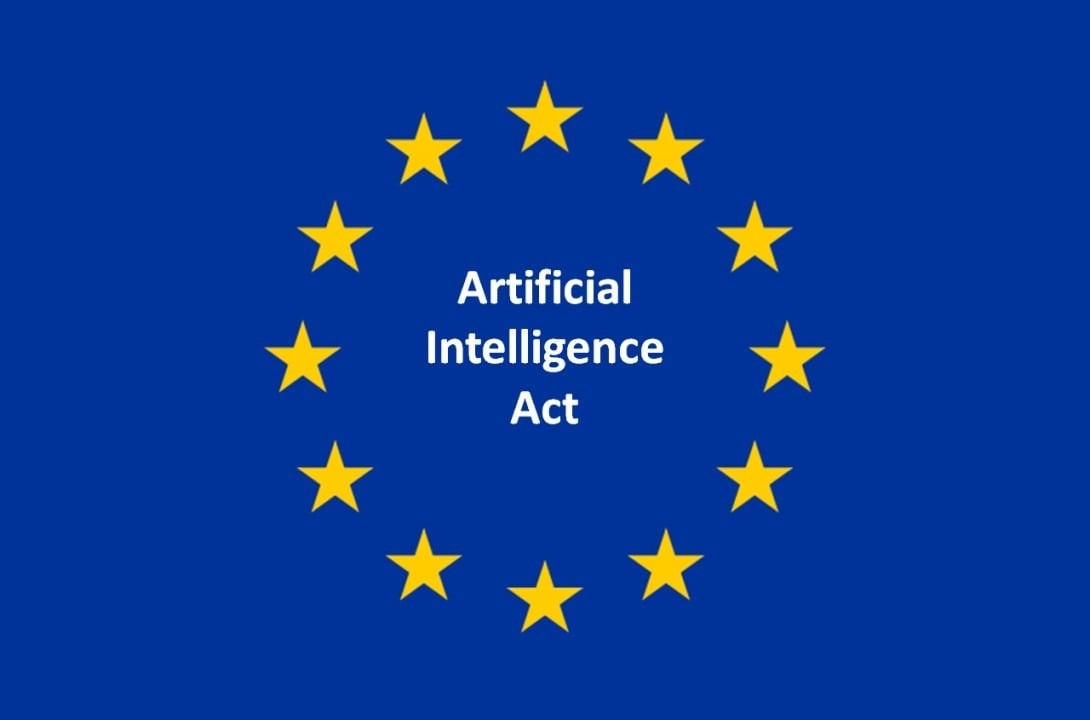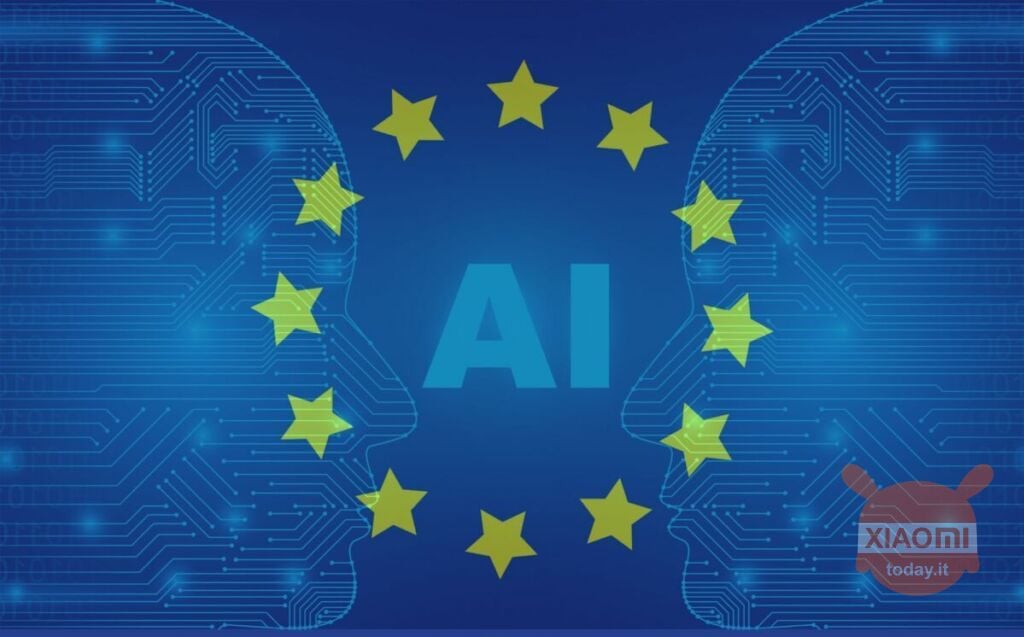
The European Union he has accomplished a decisive step towards the regulation of artificial intelligence, reaching a provisional agreement on the Artificial Intelligence Act aka AI Act. This agreement promises to lay new regulatory foundations, influencing not only EU member states, but potentially also global AI policies.
The provisional agreement on the AI Act: a new horizon for Artificial Intelligence
After intense negotiations, Brussels announces a provisional agreement on the AI Act, an initiative that could mark a turning point in the management of artificial intelligence in Europe and beyond. This agreement aims to establish a comprehensive set of rules to govern the use of AI, with potential international repercussions.
The press release highlights details bonds for “high-impact” AI systems, including risk assessments, adversary tests, incident reports and more. Transparency is also required through the creation of detailed technical documents and summaries on the content used for training, a practice not yet adopted by companies like OpenAI, creator of ChatGPT.
A crucial aspect is the citizens' right to lodge complaints about AI-based systems and obtain explanations on decisions regarding “high risk” systems that affect their rights. While specific details have not yet been finalized, the statement mentions a framework for sanctions in case of violation of the rules, variable based on the severity and size of the company.

Applications prohibited by the AI Act include the use of AI to capture facial images from surveillance cameras, categorization based on “sensitive” characteristics such as Razz, orientation sexual, religion o beliefs policies, the recognition of emotions in the workplace or at school, or the creation of “social scoring” systems. The rules also include a list of exceptions for the use of biometric systems by law enforcement agencies.
A final agreement is expected to be reached by the end of the year, but the law probably won't will come into force before 2025. The current agreement follows the first draft of the AI Act of 2021, which aimed to define what actually constitutes AI and synchronize rules for its regulation across EU member states. Subsequent revisions were motivated by the introduction of rapidly changing generative AI tools, such as ChatGPT and Stable Diffusion (to name the two linguistic models most widespread).
The regulation of real-time biometric monitoring and general-purpose AI models how OpenAI's ChatGPT has been divisive. Those issues, still under debate this week, delayed the press conference to announce the deal.








